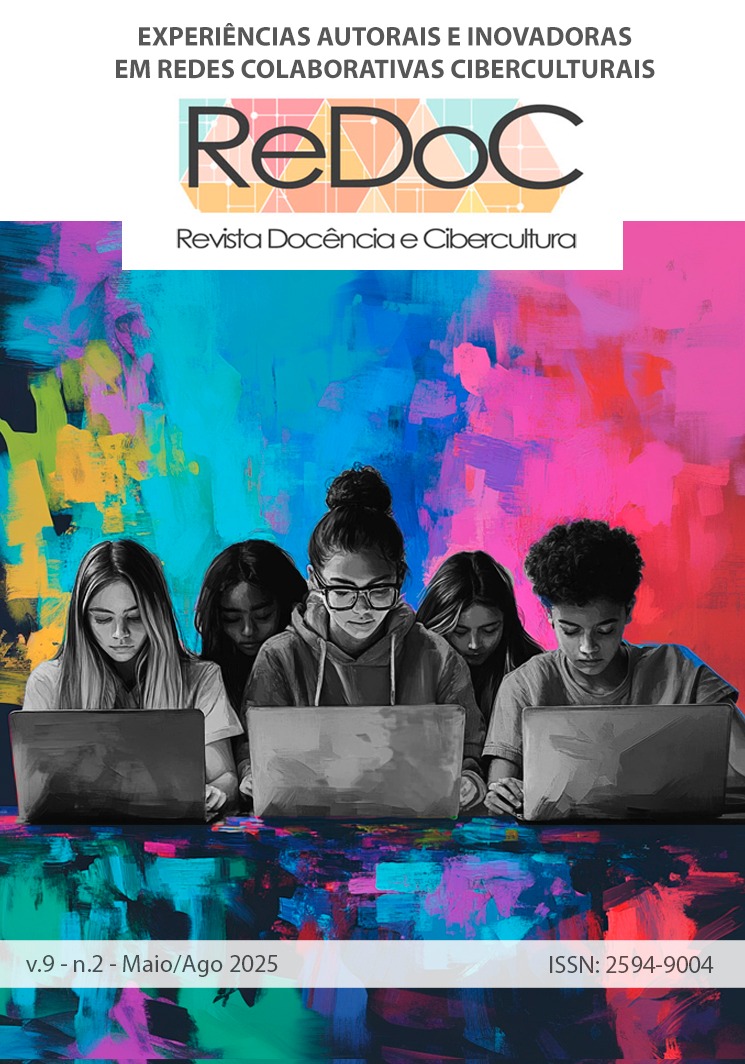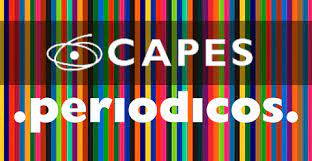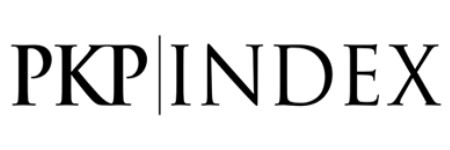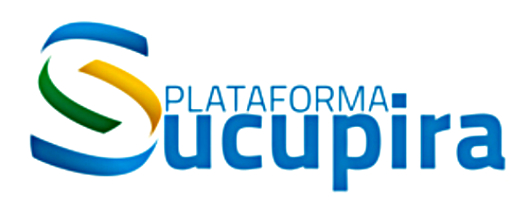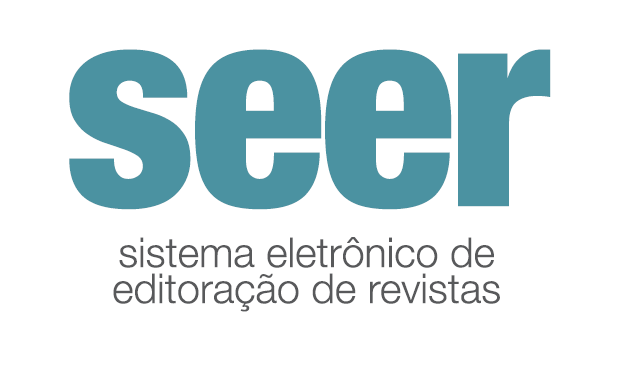ACESSO E USABILIDADE DAS PLATAFORMAS DIGITAIS EDUCACIONAIS: MOODLE E GOOGLE CLASSROOM
DOI:
https://doi.org/10.12957/redoc.2025.90565Resumo
A plataformização da educação impulsiona o acesso e usabilidade às Plataformas Digitais Educacionais, Moodle e Google Classroom, sob a promessa de democratizar, ampliar a cultura digital. A pesquisa aborda e discute sobre acessos e a usabilidade das plataformas digitais, no âmbito social, político, econômico e pedagógico. As plataformas possuem especificidades, divergências de acesso e usabilidade e estimulam o engajamento, o pensamento crítico e a autoria. O objetivo deste estudo é verificar o acesso e a usabilidade das plataformas digitais educacionais Moodle e Google Classroom em duas escolas públicas catarinenses. A pesquisa, de abordagem qualitativa, combina revisão bibliográfica e estudo de caso. As entrevistas ocorreram com 13 docentes do Ensino Médio Federal de Florianópolis/SC e as observações sobre o acesso e usabilidade no laboratório de tecnologias educacionais da Escola Estadual de Ensino Médio de Videira/SC. A análise dos dados é fundamentada em critérios como: acessibilidade, interatividade, suporte offline, segurança e privacidade de dados, compatibilidade e integração com outras plataformas, suas funcionalidades, potencialidades e desafios pedagógicos. Os resultados das plataformas digitais em ambas as escolas evidenciam a necessidade de qualificar a infraestrutura no modelo presencial e o engajamento dos estudantes no modelo híbrido, pois estes interferem na usabilidade e no acesso de docentes e discentes no Ensino Médio. A conclusão do estudo apontou que as plataformas educacionais digitais Moodle e Google Classroom quando aliadas à mediação pedagógica possibilitam e fortalecem o protagonismo, uma educação interativa, engajada, inovadora e alinhada à cultura digital.
Downloads
Publicado
Como Citar
Edição
Seção
Licença
Copyright (c) 2025 Revista Docência e Cibercultura

Este trabalho está licenciado sob uma licença Creative Commons Attribution-NonCommercial-ShareAlike 4.0 International License.
Autores que publicam nesta revista concordam com os seguintes termos:- Autores mantém os direitos autorais e concedem à revista o direito de primeira publicação, com o trabalho simultaneamente licenciado sob a Creative Commons Attribution License que permitindo o compartilhamento do trabalho com reconhecimento da autoria do trabalho e publicação inicial nesta revista.
- Autores têm autorização para assumir contratos adicionais separadamente, para distribuição não-exclusiva da versão do trabalho publicada nesta revista (ex.: publicar em repositório institucional ou como capítulo de livro), com reconhecimento de autoria e publicação inicial nesta revista.
- Autores têm permissão e são estimulados a publicar e distribuir seu trabalho online (ex.: em repositórios institucionais ou na sua página pessoal) a qualquer ponto antes ou durante o processo editorial, já que isso pode gerar alterações produtivas, bem como aumentar o impacto e a citação do trabalho publicado (Veja O Efeito do Acesso Livre).

